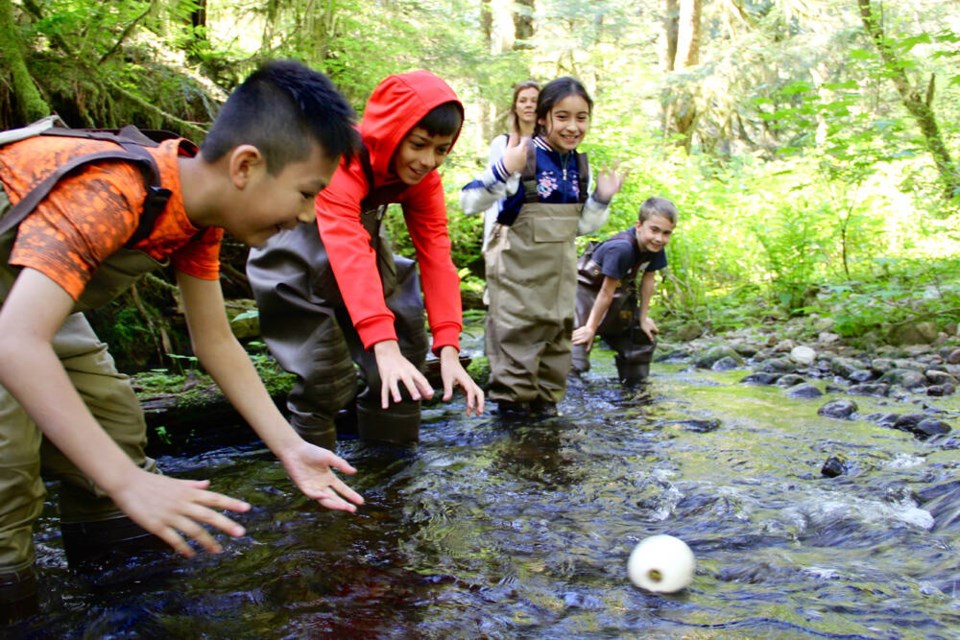Just a few generations ago, the North Shore’s creeks would have been teeming with wild coho, chinook, pink and chum salmon. They were a staple of Indigenous culture on the West Coast and a critical part of the food chain, both in the ocean and on dry land. It’s a dazzling thought.
But look at many of those creeks today and you will find only a flicker of life. Because of the way we’ve developed the lands around them, the creeks have lost almost all of the natural features that give salmonids a place to spawn, feed and shelter from predators. It is tragic.
Thankfully, this is starting to change. This week, we toast the West Â鶹´«Ã½Ó³»Streamkeepers, the Seymour Salmonid Society and the North Shore Streamkeepers for their heavy lifting, literally and figuratively, It gives us hope our waters may one day be teeming with life again.
It seems unjust to us that this work, if it is to be done at all, must be done by volunteers and non-profits that have to navigate complicated approval and funding processes. It ought to be our three levels of government leading habitat restoration.
With warming oceans, parasites, habitat loss and pollution to deal with, salmon are in a tight spot, ecologically speaking. But salmonids, famously, are experts at swimming upstream.
And thanks to their allies here on the North Shore, the ones that hatch from eggs laid in the gravel this fall will find much safer and cleaner habitat when they swim home in the years ahead.
What are your thoughts? Send us a letter via email by clicking or post a comment below.


